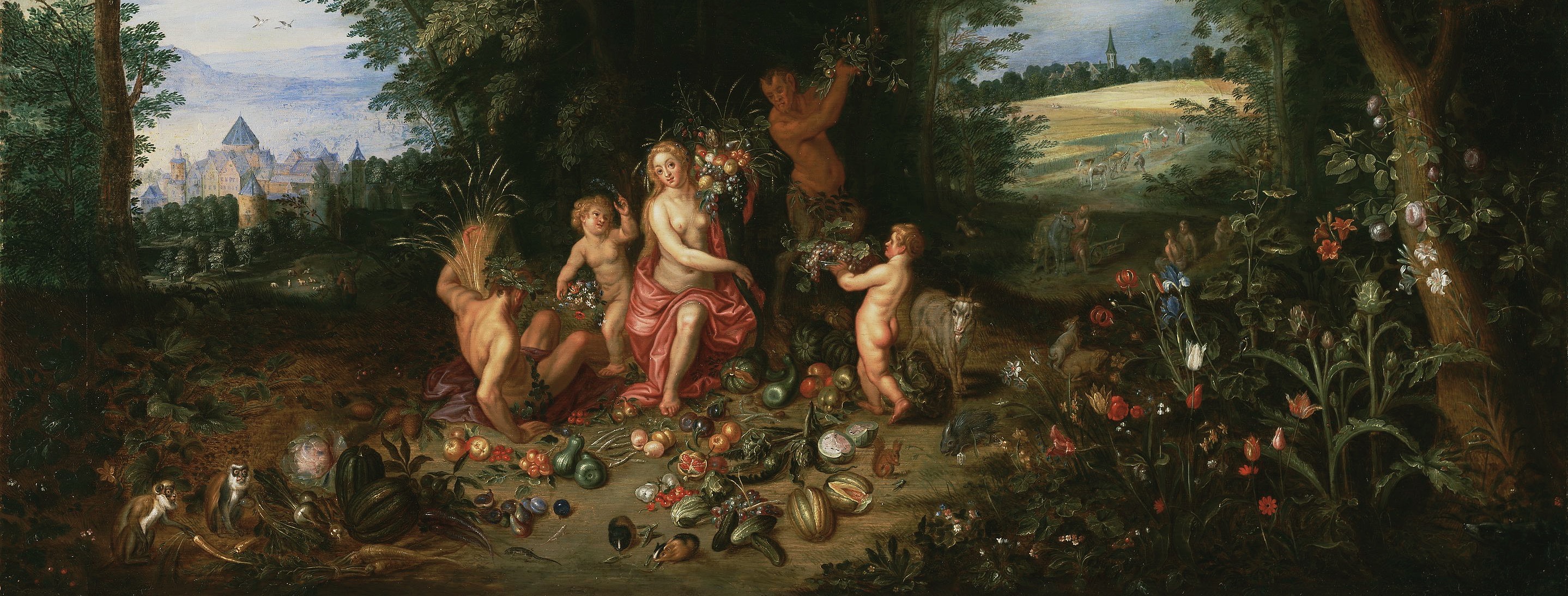Sennia
Sennia is the Fultonian goddess of agriculture and the patron of the Fulotnian City Gebash. She is the daughter of the mother goddess Tya Nehru and the consort of Hantithenus , the god of the sea and merchants.
After resting for seven ages Tya Nehra created humanity, and to guide and rule it then birthed her twin children Sennia and Hantithenus. These two married, sired numerous deities, and founded cults and churches among the humans.
During this time Sennia established the city of Gebesh and taught humans how to farm and the handicrafts of rural life, spreading farming communities across the world. Hantithenus founded the cities of Fulton (Fultar’s political capital) and Atlan (Fultar’s financial capital) and taught humankind writing, mathematics, and other lore.
The twins grew apart, and eventually became embroiled in a bitter struggle for supremacy on Earth. Only the in-tervention of Tya Nehra stopped the extinction of humanity and the death of some of the gods, bringing peace to Fultar.
Sennia has settled into the role of goddess of the fertile earth and domesticated plants and animals (NOT wild nature her favorite son is Menel, the god of the sky, of sun and the rain. She is the patron goddess of Gebesh, Fultar’s second city, and of the Barons of Gebesh. Her temple in Gebesh is well-known for its opulent and vast hanging gardens.
Sennia is widely worshipped by peasants and landed gentry alike. Everyone whose livelihood depends directly on the fruits of the earth keeps Sennia first in his or her heart. Many Barons actively encourage and subsidize the cult of Sennia as a political counterbalance to the imperial cult of Tya Nehra.
She is understood to be a gentle power who wants to see things grow; she takes great pleasure in bounty and sharing freely. She and her followers tend to see worshippers of Hantithenus as rather cold and mercenary, more interested in abstractions than in the joy of nature and life. There are no Fultonian “environmentalists” in the modern sense, but Sennia hates to see good farmland lost to roads and buildings. She emphasizes living close to (while in dominion over) the earth. Her priestesses paint their fingernails brown to simulate having dirt under them. Her sense of time is cyclical.
Most other Fultonian Gods are the children of Sennia and Hantithenus, but two important gods were born as mortals: Ram Kor and Ohgma.
A temple priestess of Sennia.



